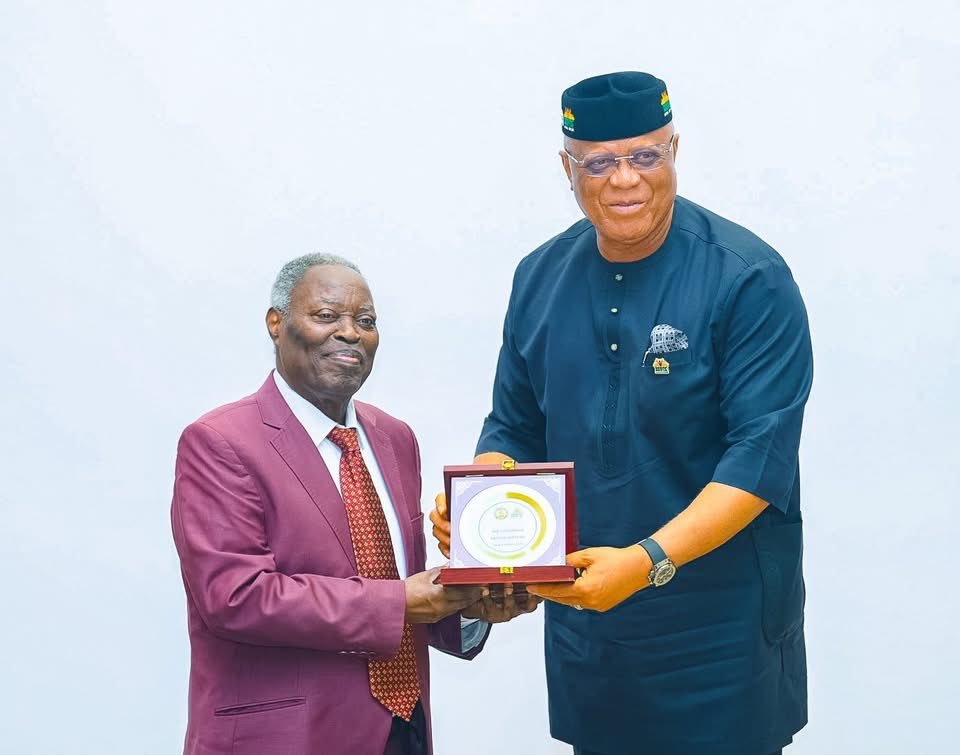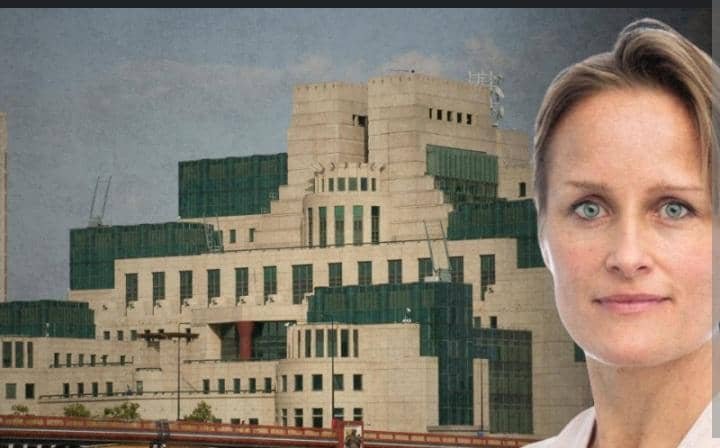HUMAN RIGHTS ADVOCATE CHALLENGES NIGERIANS TO REDEFINE CIVIC ENGAGEMENT, DEMAND INCLUSIVITY ON DEMOCRACY DAY
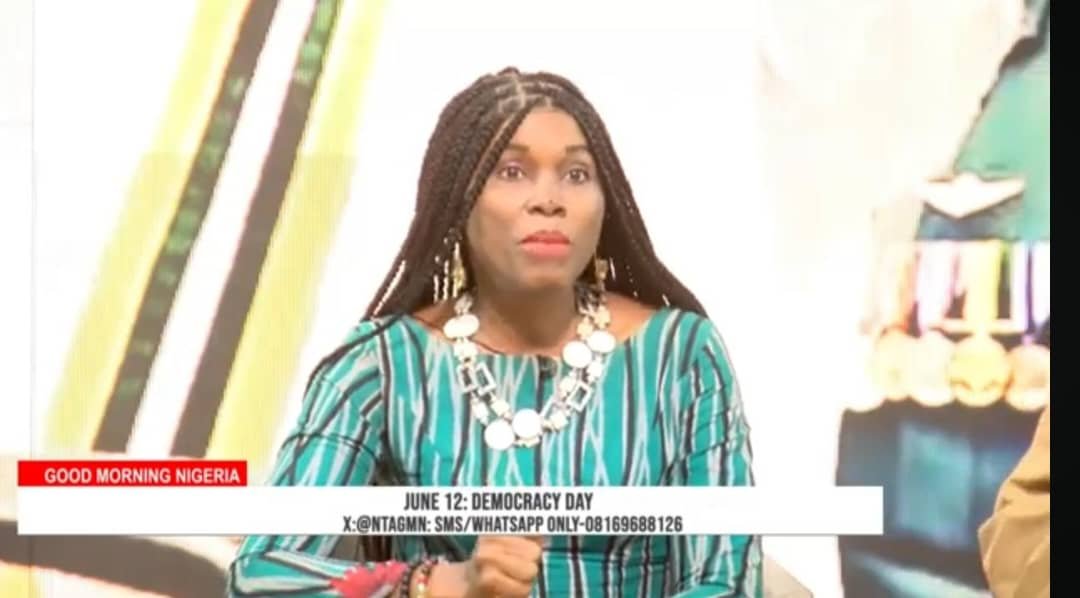
On this year’s Democracy Day, renowned human rights advocate and development strategist, Lady Ejiro Umukoro, has called on Nigerian citizens to prioritize their constitutional rights, urging Civil service to uphold public trust.
She made the appeal during a televised interview session with the Nigerian Television Authority (NTA) in Commemoration with Nigeria’s Democracy Day in Abuja.
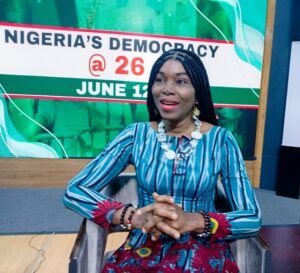
In her address, marking 26 years of uninterrupted democratic governance, Umukoro emphasized that while Nigeria has made progress, much of the foundational work required for a truly driven democracy remains unfinished, noting that- Nigeria is not where she ought to be, but certainly not where she used to be.
“We must now decide what democracy should mean to Nigerians—not just as a system, but as a lived experience.” she emphasized.
“DIGITAL DREAMS, POWERLESS REALITIES”: NIGERIA’S UNMET POTENTIAL
Umukoro expressed deep concern over the nation’s economic stagnation, particularly its effect on the youth, lamenting the fact that despite a burgeoning young population, Nigeria continues to battle mass unemployment, underinvestment in innovation, and outdated education structures.
“In this 22nd century, driven by artificial intelligence, robotics, and data, our young people are still stuck between surviving and begging,” she stated.
She pointed out that Nigeria’s lack of digital infrastructure, skill-building centers, and STEM-focused institutions continues to hinder progress.
“We have the ideas. What we don’t have is the system to support them. It’s unacceptable that in a resource-rich country, there isn’t one village with guaranteed 24/7 electricity. That’s not a mistake—it’s a refusal to evolve.” she affirmed.
REDEFINING DEMOCRACY: FROM GOVERNMENT TO GOVERNANCE
According to Umukoro, the country’s current political discourse is too focused on who holds power, rather than how power is exercised.
“The real conversation should not be about government but about governance,” noting that “we need policies that are inclusive, engineered for impact, and executed with transparency.”
Citing examples from countries such as Rwanda, Kenya, and Namibia, she praised their governance models built on inclusivity, gender equity, and national values—something she believes Nigeria still struggles to institutionalize.
“Inclusivity is not a slogan—it is the very heart of democracy,” she added.
CONSTITUTION, NOT CONTROL: THE CITIZEN’S ROLE
Drawing from Sections 22 and 39 of the Nigerian Constitution, Umukoro reminded citizens of their constitutional rights to freedom of expression and information—rights that she believes are under threat.
“You cannot use the Cybercrime Act to silence citizens when the Constitution guarantees their voice. That’s unconstitutional and undemocratic.” she said.
She urged Nigerians to move beyond passive citizenship and become active participants in governance. “Democracy is not voting every four years. It’s holding your lawmakers accountable. It’s questioning policies. It’s showing up. If we don’t engage, we forfeit the right to complain.” she explained.
“WHO IS A NIGERIAN?”: THE SEARCH FOR NATIONAL IDENTITY
The development strategist called for a national introspection on what it truly means to be Nigerian—beyond geography, tribe, or religion.
She reiterated the need for a psychological rebirth stating that “until we define who a Nigerian is, and what a Nigerian is worth, we will remain divided, insecure, and underdeveloped.”
She stressed that democracy without shared identity and values is doomed to fail. “A nation where women, youth, and children are excluded from decision-making is not practicing democracy. It’s practicing exclusion.”
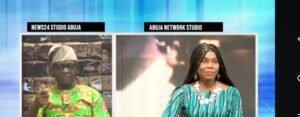
A FUTURE WORTH FIGHTING FOR?
Despite her critique, Lady Umukoro’s message was filled with optimism. She painted a vision of a Nigeria where civil servants are empowered, institutions function with integrity, and citizens take ownership of their roles in governance.
“A democracy that works is one where agriculture feeds the people, where homes are powered by the sun, and where civil service is not hijacked by politics.”
She emphasized the need for urgent reform in public service culture, capacity-building, and ethical governance.
REDEFINING THE NIGERIAN DREAM
In closing her remark, Lady Umukoro envisioned a Nigeria where:
- STEM– Science, Technology, Engineering, and Mathematics drives local innovation
- Agriculture feeds the nation
- Natural resources empower communities
- Civil service upholds public trust
- And citizens protect and exercise their constitutional rights
“This Democracy Day should not just mark the passage of time,” she asserted, stating that, it must be the beginning of a new civic consciousness.
As Nigeria marks another Democracy Day, every June 12, it is a call for generational responsibility where the Nigerian dream must be redefined, not as what we can extract from the nation, but what we are willing to build!





